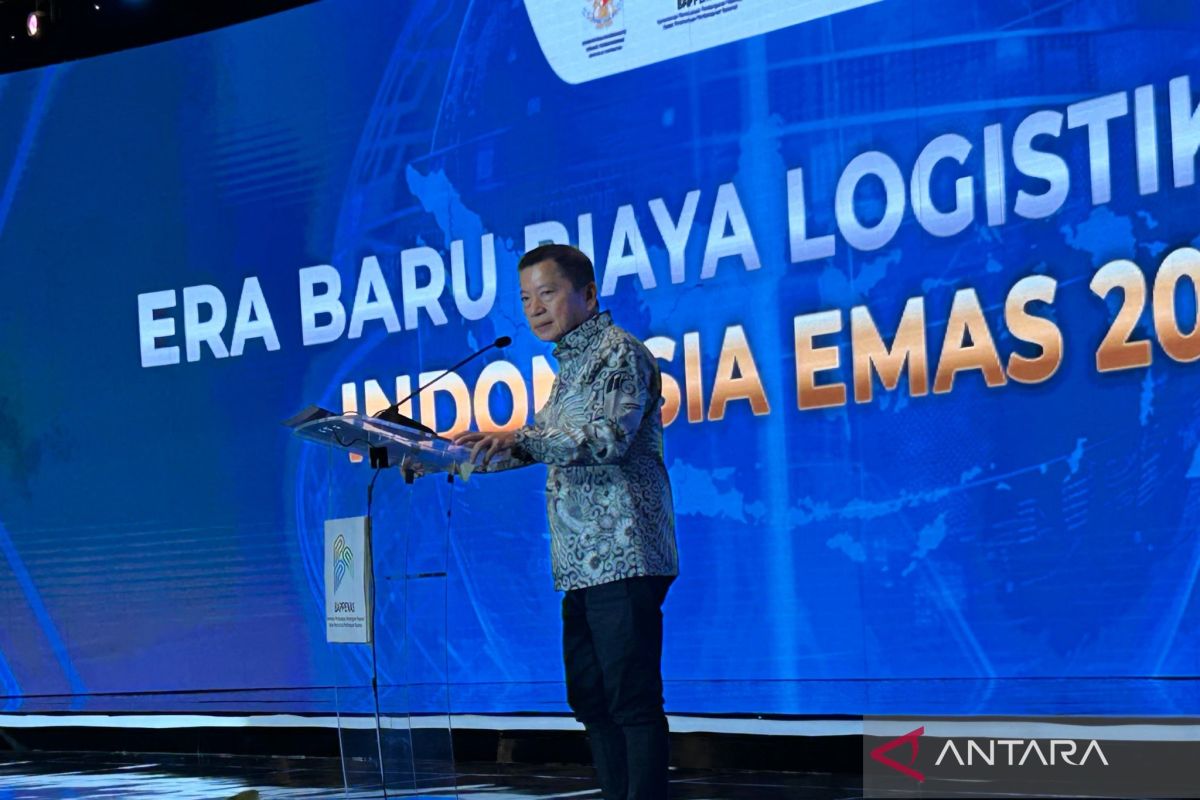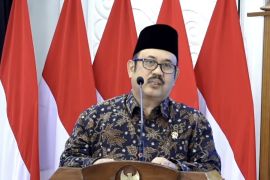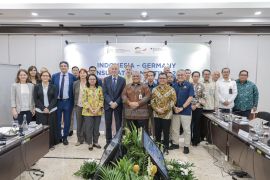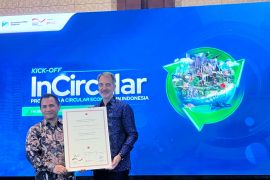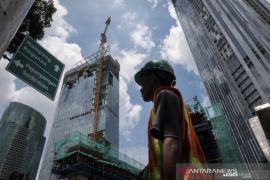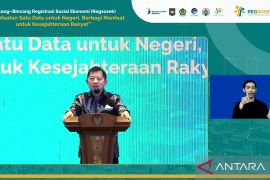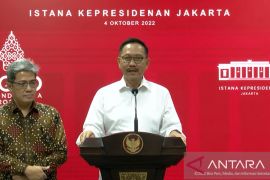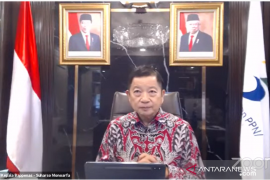The minister noted that based on a study conducted by Bappenas, Indonesia's current domestic and export logistics costs account for 14.29 percent and 8.98 percent of the GDP, respectively.
"We aim to lower logistics costs to reach at least nine percent of the GDP by 2045," he said at an event themed "New Era of Logistics Costs for Golden Indonesia 2045" held in Jakarta on Thursday.
The Bappenas head further said that his agency has made calculations on national logistics costs using the input-output method.
Based on the calculations, the government needs to take three aspects into account to manage logistics costs, namely transportation costs, warehouse and inventory costs, as well as administrative costs, he informed.
Minister Monoarfa then appealed to the relevant ministries, institutions, academics, associations, and development partners to provide constructive input on the matter.
Furthermore, he informed that in the future, Bappenas will calculate logistics costs and collaborate with the Economic Affairs Coordinating Ministry, Statistics Indonesia (BPS), and logistics service providers to lower them.
He also expressed the hope that the government will be successful in making Indonesia's logistics costs even more competitive.
At the event, he underscored the importance of logistics as Indonesia's economic lifeline and in guiding the nation to realize the vision of Golden Indonesia 2045.
Meanwhile, on the same occasion, Coordinating Minister for Economic Affairs Airlangga Hartarto said a logistical system constitutes one of the crucial keys to accelerating national economic growth.
The minister affirmed that the government is committed to bolstering national logistics performance by formulating and implementing several policies.
For example, the government is striving to ensure the concrete implementation of the National Logistics Ecosystem (NLE) policy as a form of information system synergy and collaboration between agencies and business actors to create a more efficient national logistics system, he said.
He informed that the results of an evaluation of the NLE implementation showed that the policy has led the Quarantine Customs Single Submission (SSm QC) system to cut total inspection time by 22.37 percent and save Rp191.32 billion in costs.
Related news: NLE implementation projected to slash logistics costs to 17 percent
Related news: Eight major seaports to be included in National Logistic Ecosystem
Translator: Maria C, Tegar Nurfitra
Editor: Rahmad Nasution
Copyright © ANTARA 2023
